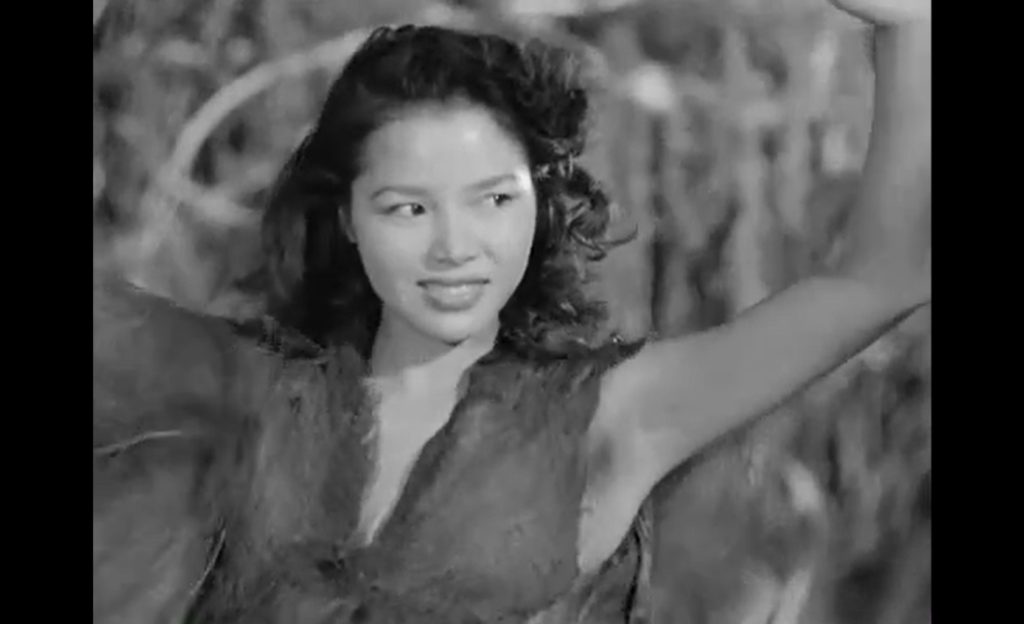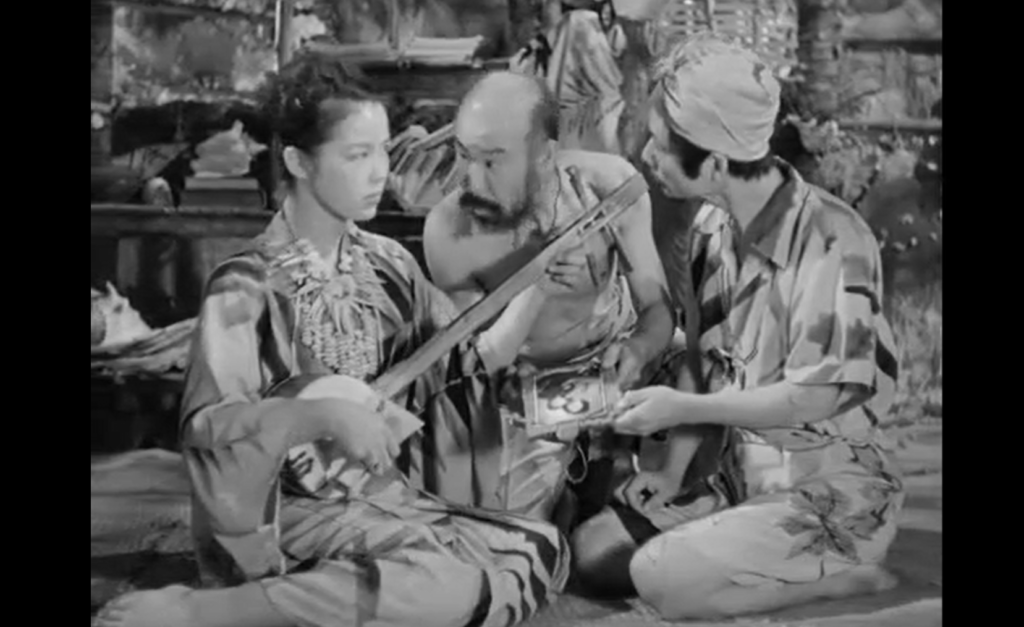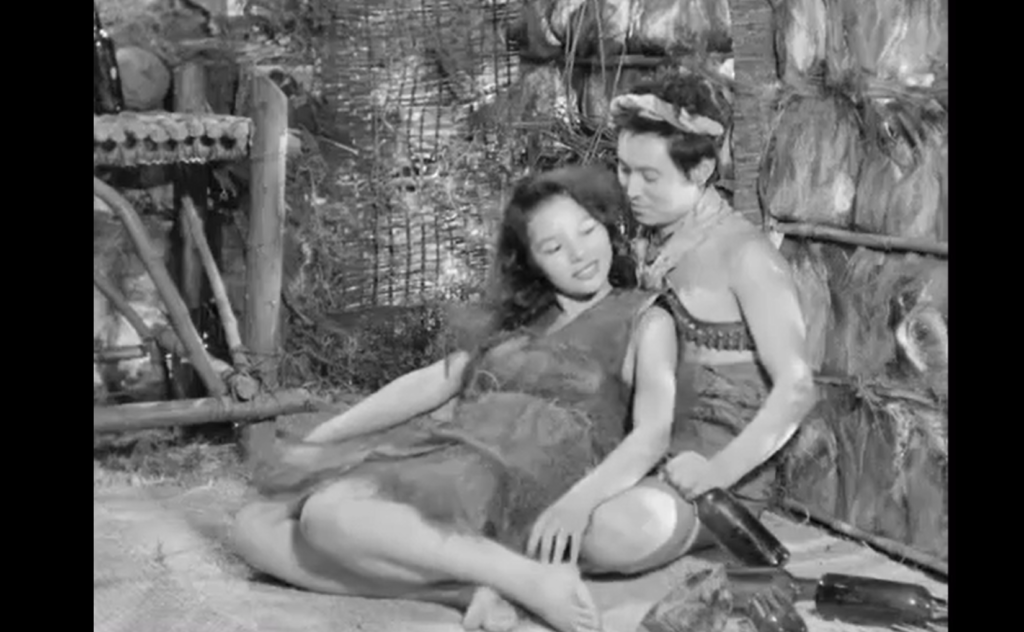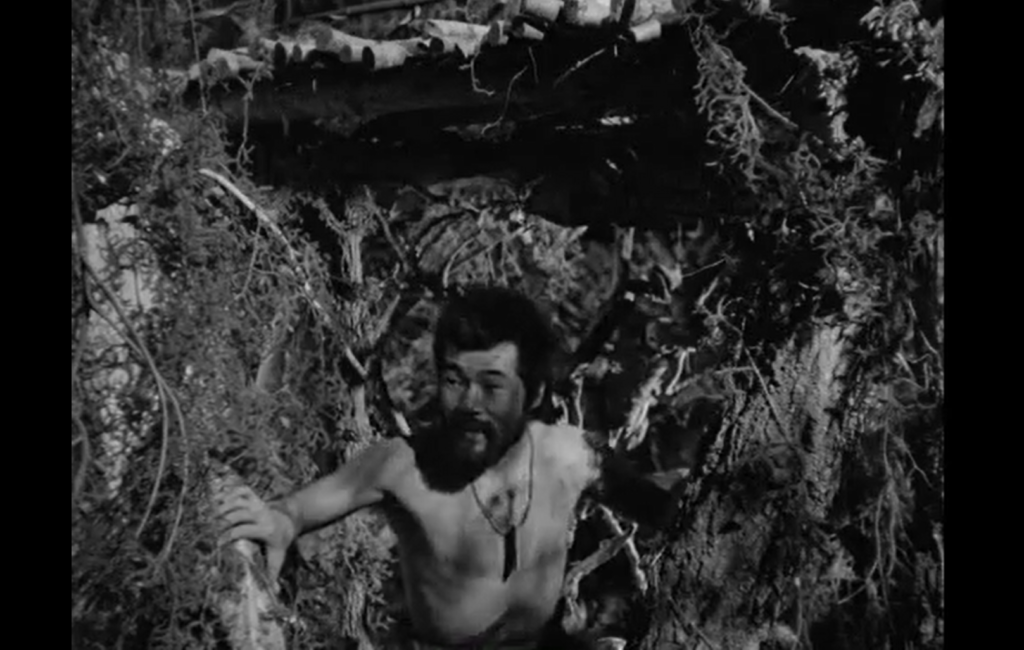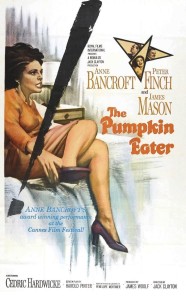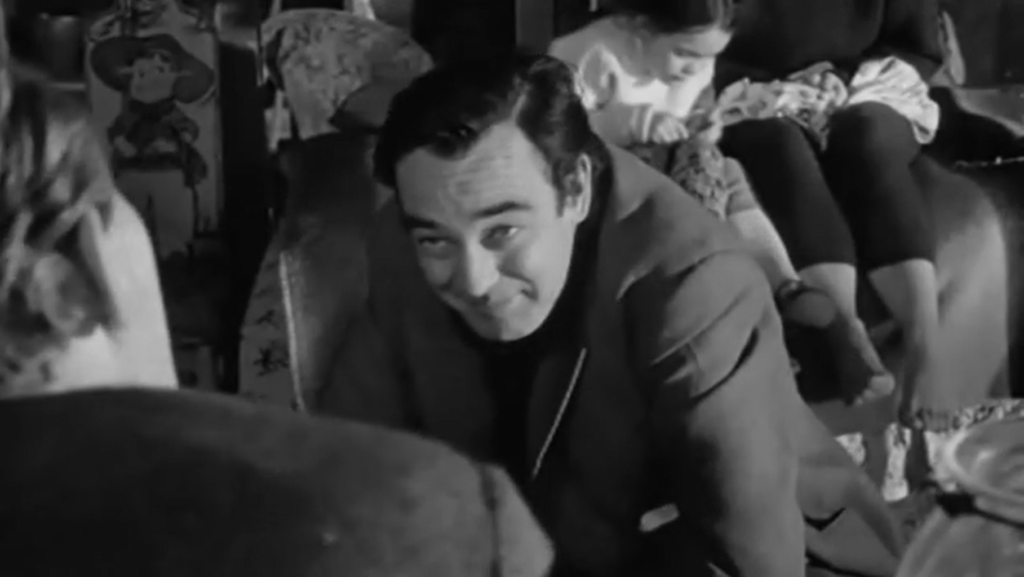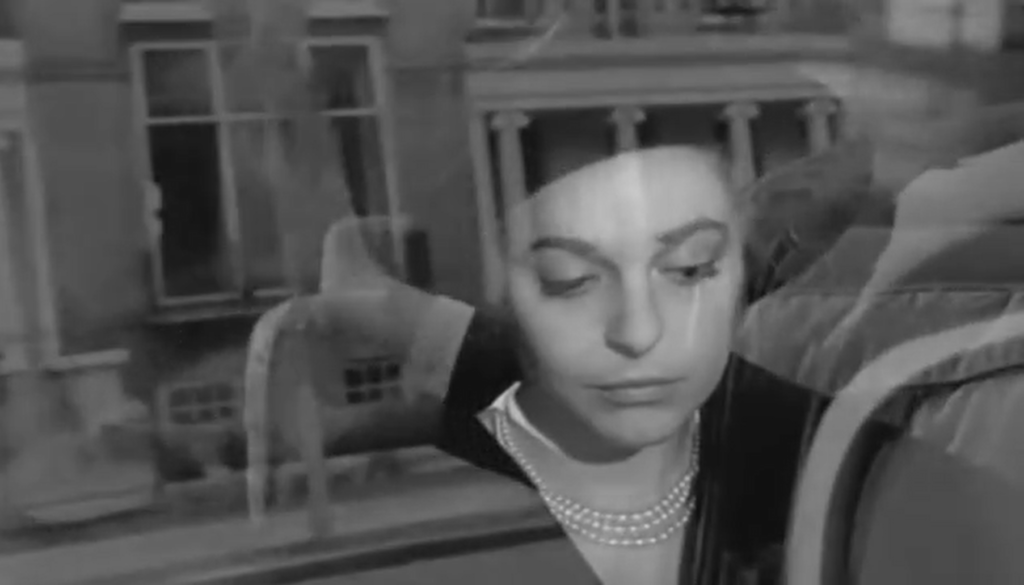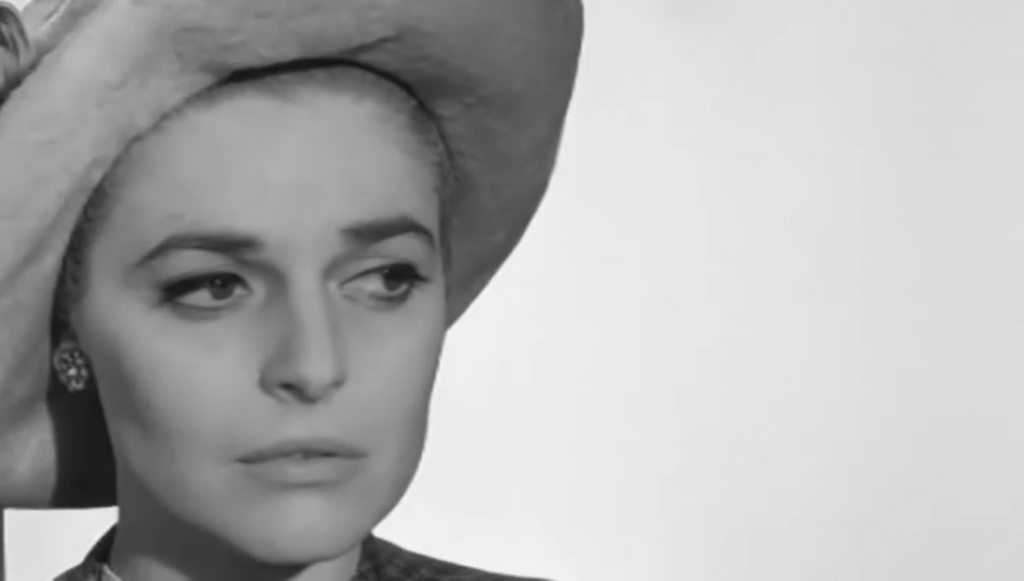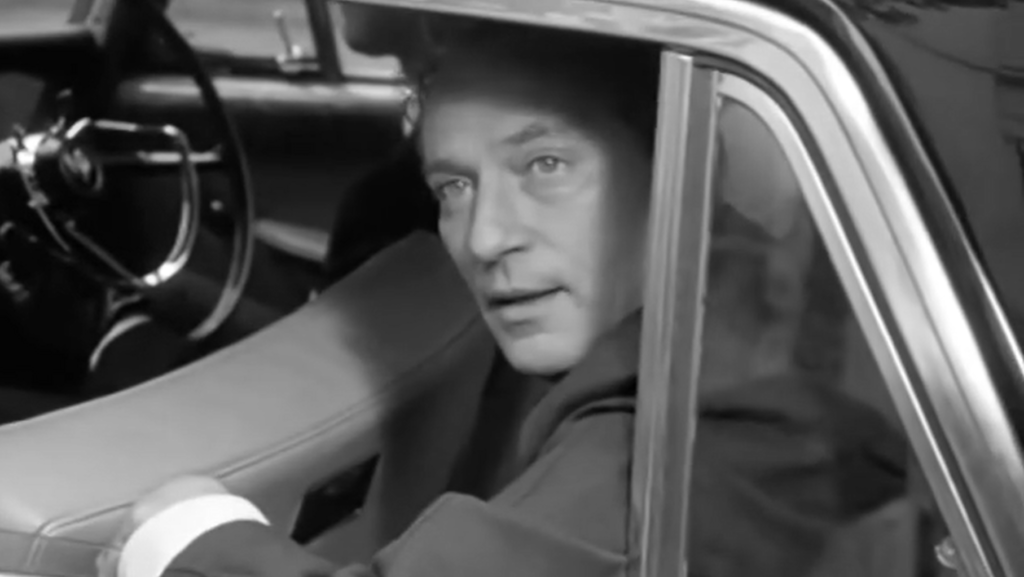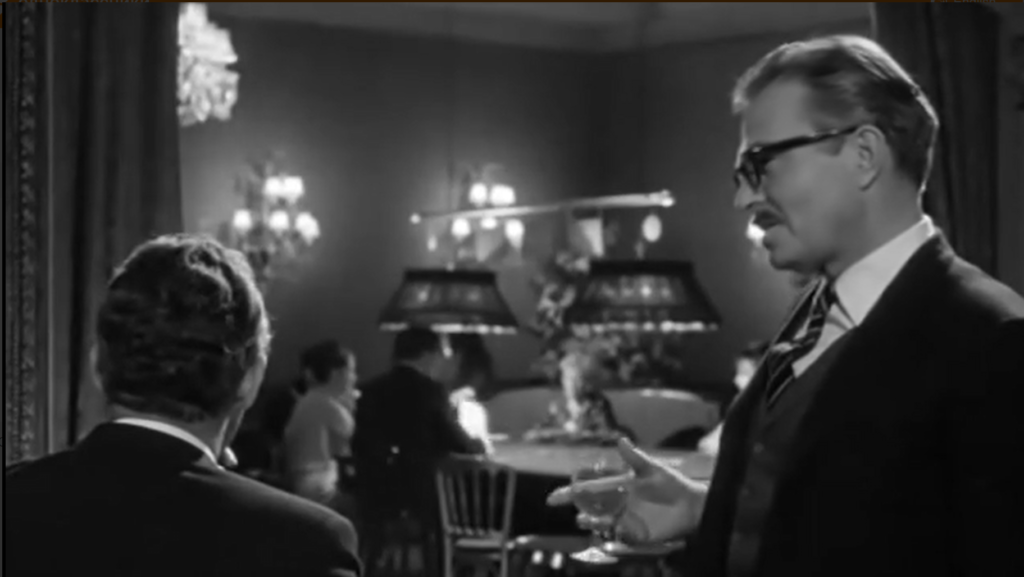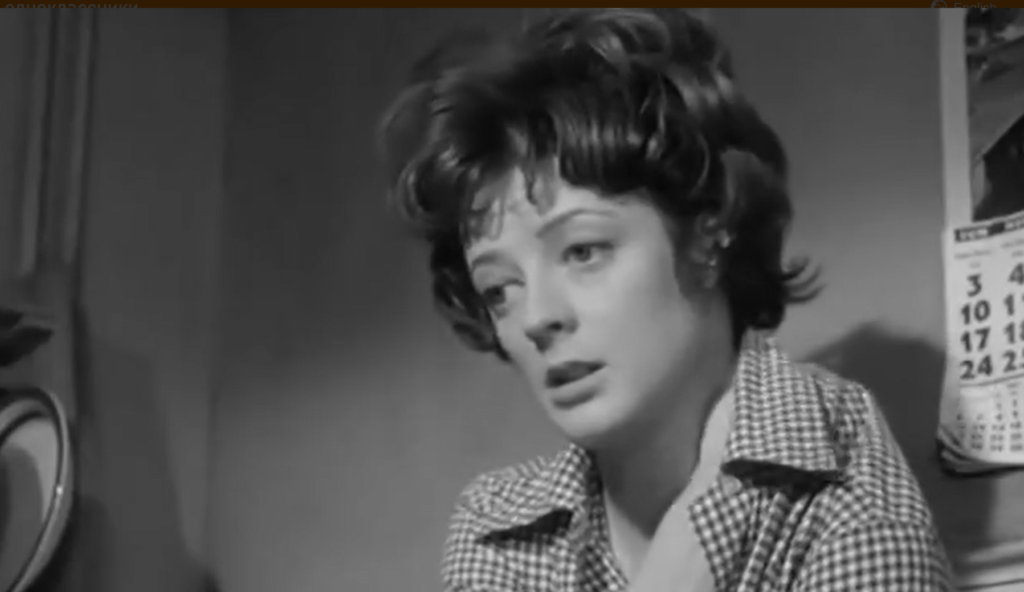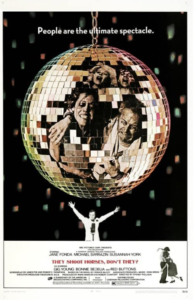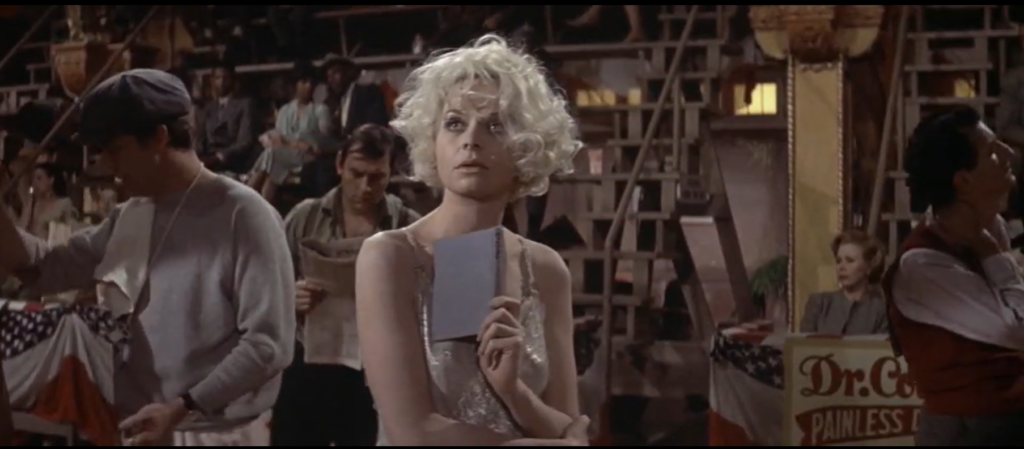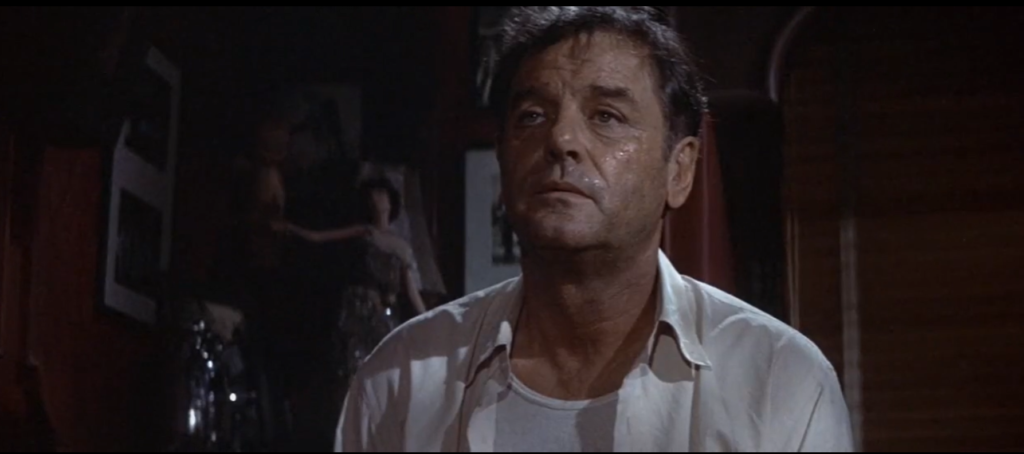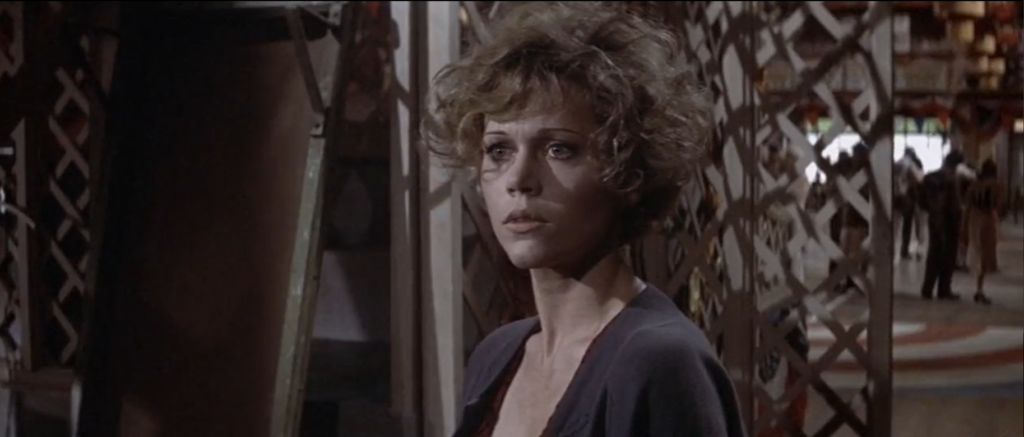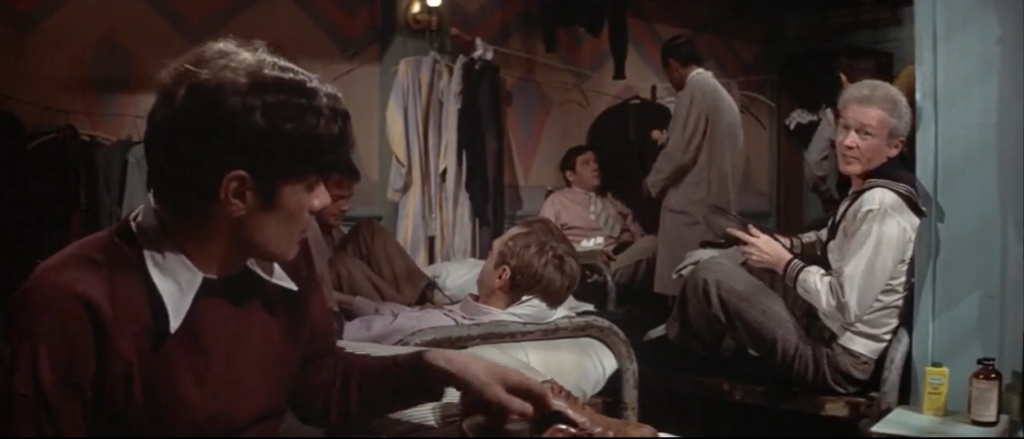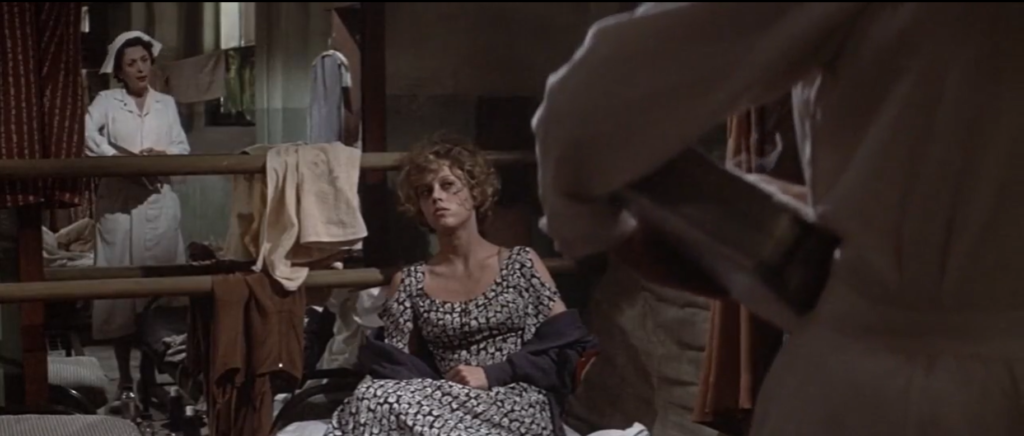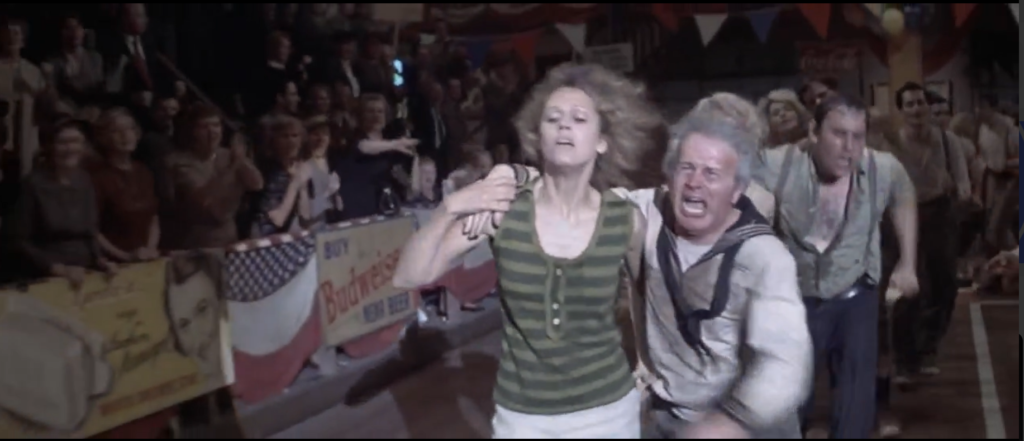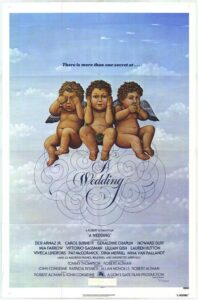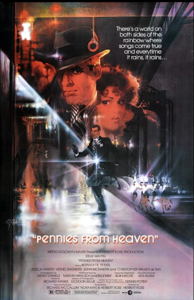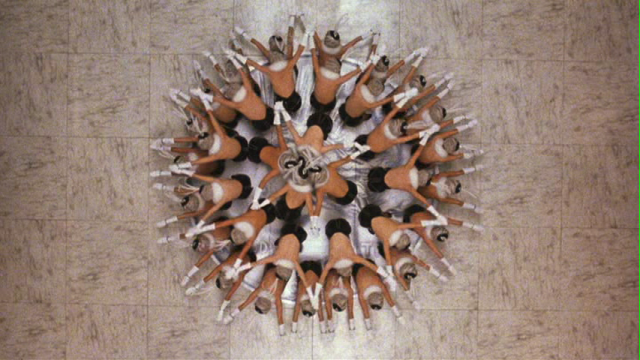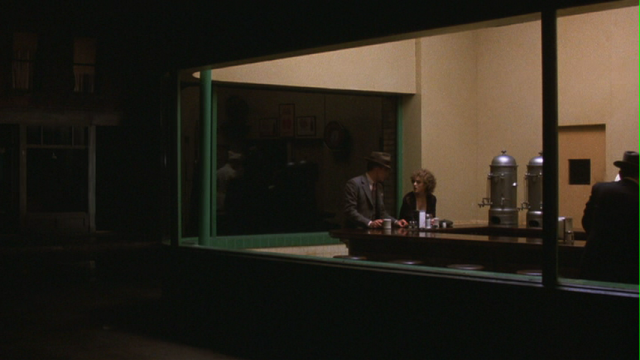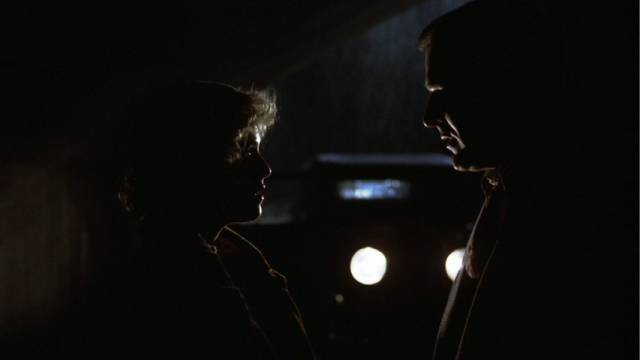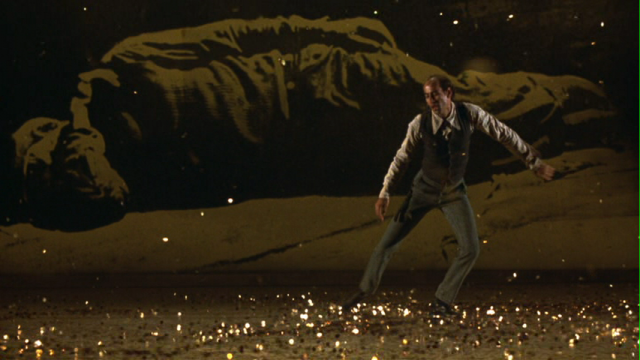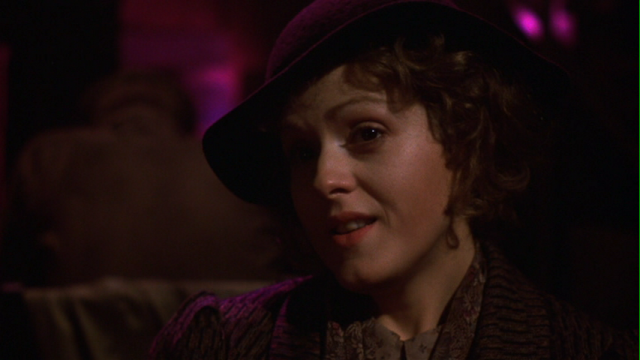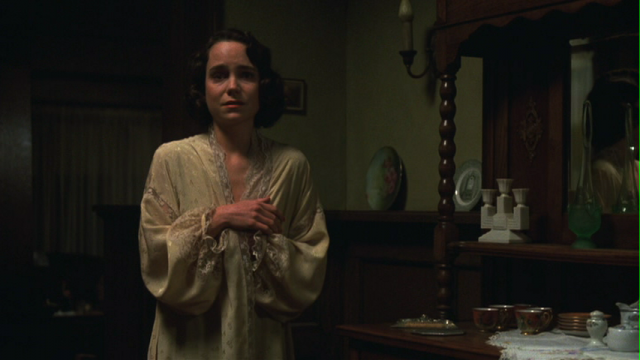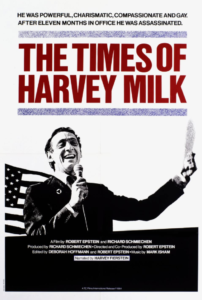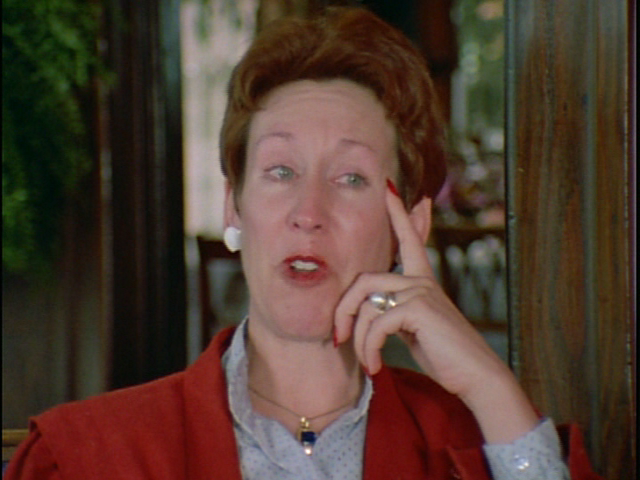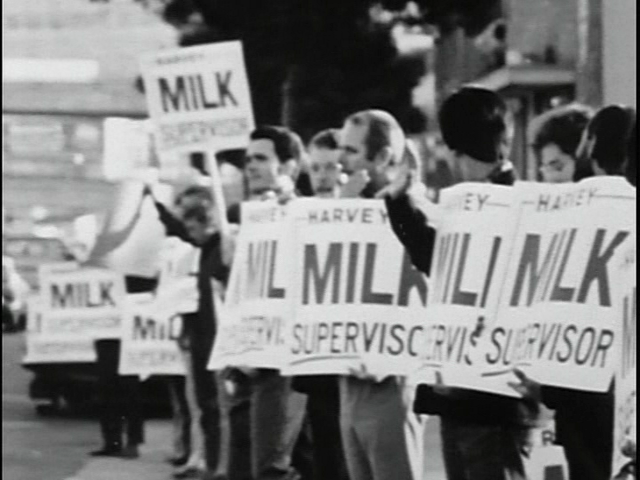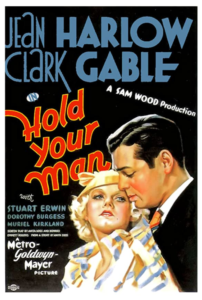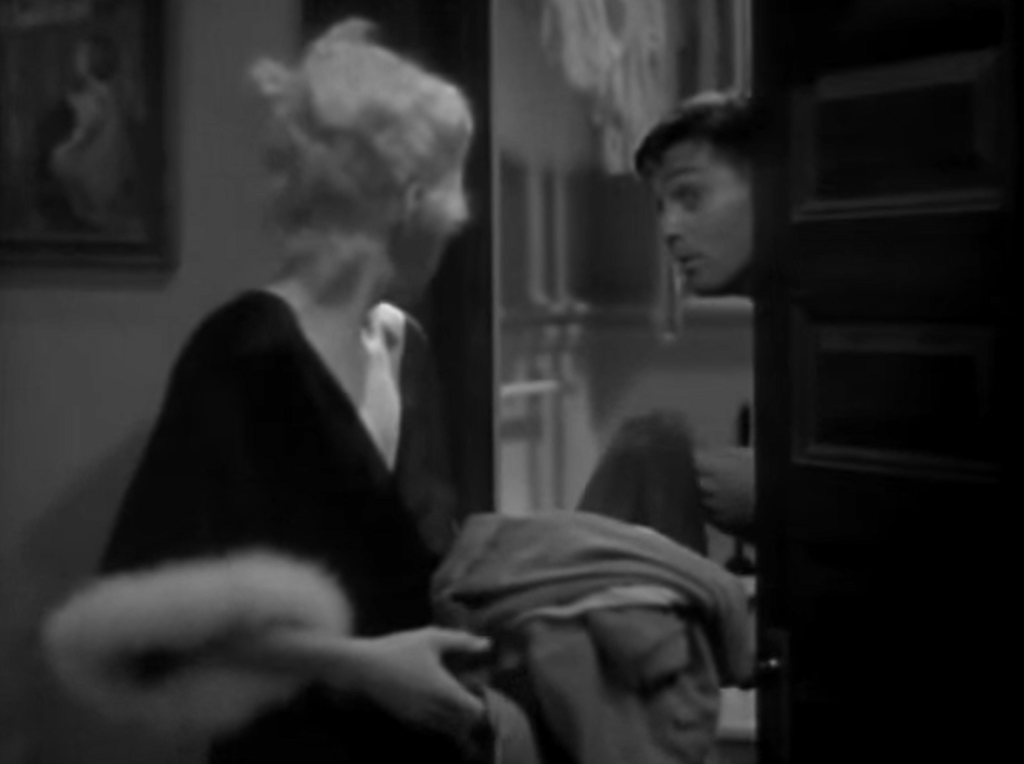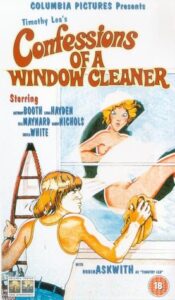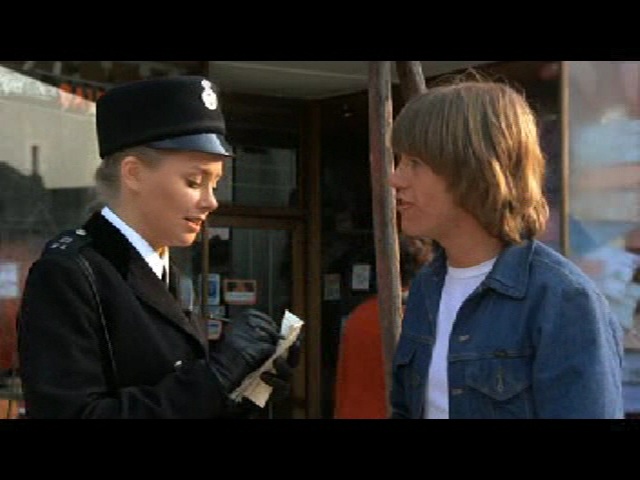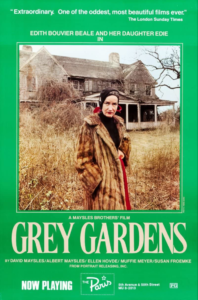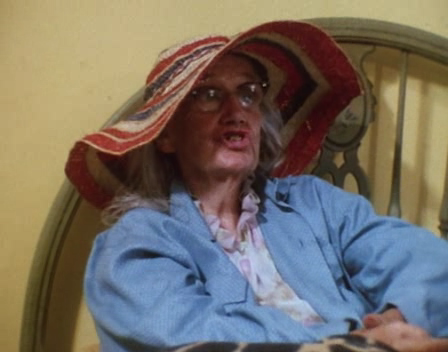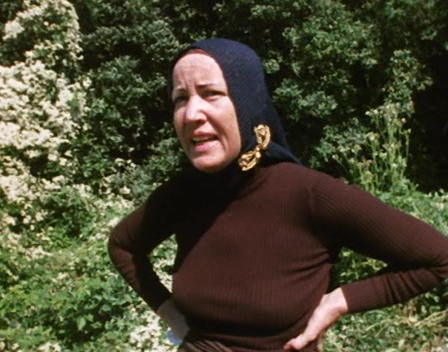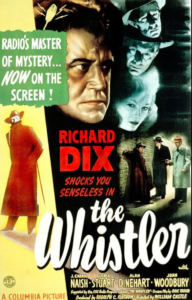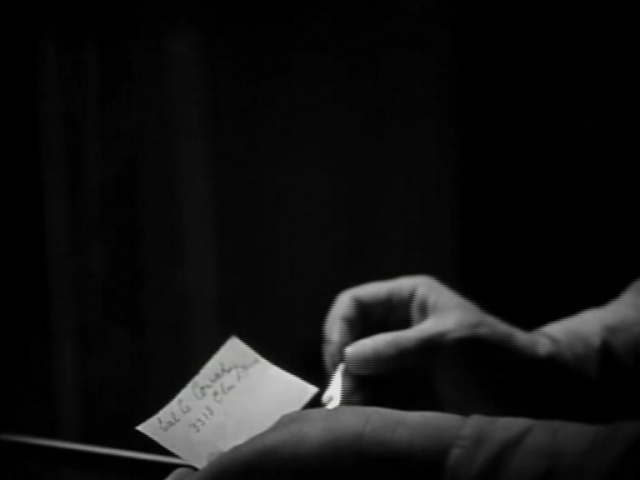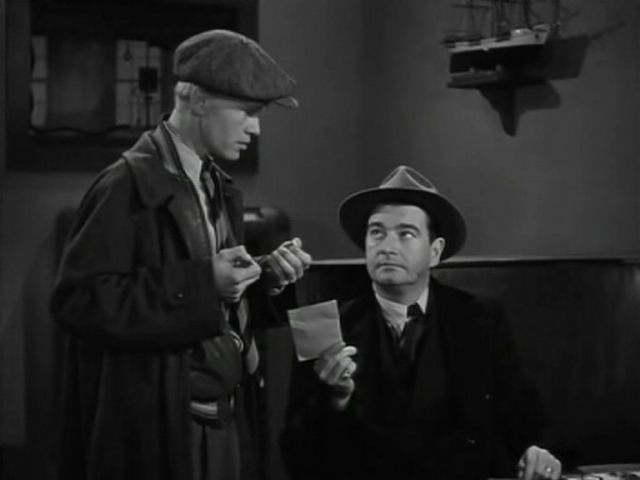|
Genres, Themes, Actors, and Directors:
- Carol Burnett Films
- Class Relations
- Comedy
- Ensemble Cast
- Family Problems
- Geraldine Chaplin Films
- Lillian Gish Films
- Mia Farrow Films
- Robert Altman Films
- Weddings
Review:
A Wedding came about as the result of Altman’s joking comment that perhaps he should film a wedding as his next project; the result, though not all that well received by critics, is one of his most amusing and engaging comedies. Anyone who’s either participated in or planned a wedding knows that glitches and emotional meltdowns are inevitable; here, Altman satirizes this inevitability by simply turning everything up a notch — starting with the concealed death of a matriarch (Lillian Gish) at the beginning of the film, and ending with a fatal car crash. Altman had famously brought 24 characters together for Nashville (1977), and decided (presumably just for kicks) to double this number in A Wedding; naturally, not all these characters get their due, but his masterful interweaving of so many disparate storylines works remarkably well.
Interestingly, the characters one would consider most central to the event — that is, the bride (unknown, braces-clad Amy Stryker) and her groom (Desi Arnaz, Jr.) — are among the most peripheral; only gradually do we learn what brought them together, and they never become fully developed protagonists. While their future happiness is threatened a few times throughout the film — by Arnaz’s former high society girlfriend (Pam Dawber), by Stryker’s wigged-out sister (Mia Farrow), and, later, in an infamous shower scene, by Arnaz’s military academy roommate — this isn’t really the primary thrust of the story; there isn’t one.
The most humorous of the film’s many subplots concerns beefy Pat McCormick’s relentless pursuit of Carol Burnett (mother-of-the-bride) — not out of lust, as we might expect, but from a pure conviction that she is his long-lost soul-mate. While Burnett’s cinematic performances are often (as here) over-the-top, she does a hilarious job showing her character’s gradual shift from absolute lack of comprehension to giddy acceptance of McCormick’s overtures. Meanwhile, deeper familial dramas (such as Nina Van Pallandt’s drug addiction, and the truth behind her marriage to Vittorio Gassman, who seems to have mafia ties) are handled with both humor and sensitivity. Part of Altman’s genius lies in the way he treats all his characters — no matter how minor — with respect; we sense that each has an interesting story to tell, if only we had the time to spend with them.
Redeeming Qualities and Moments:
- Pat McCormick’s zealous pursuit of Carol Burnett
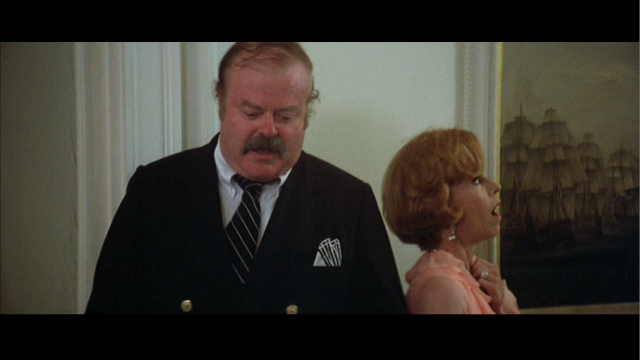
- Vittorio Gassman and Nina Van Pallandt as Mr. and Mrs. Corelli
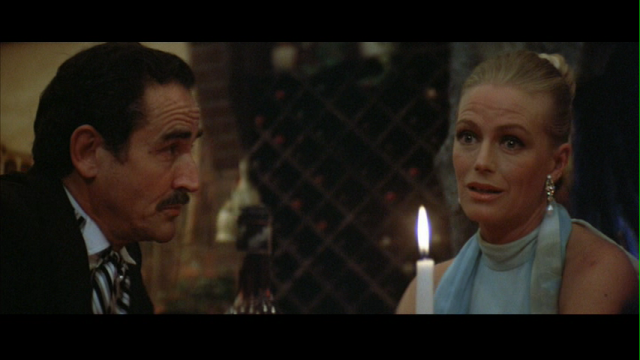
- Howard Duff as lecherous Dr. Meecham

- Countless unexpected moments of bizarre humor
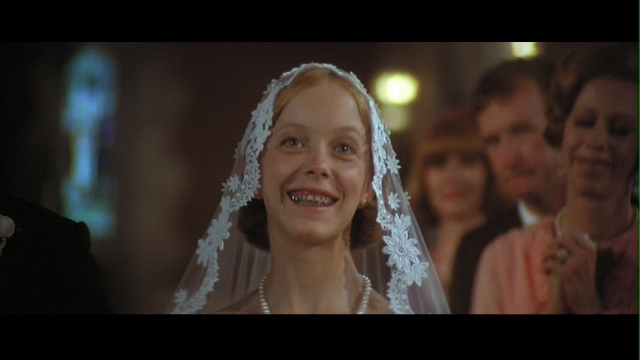
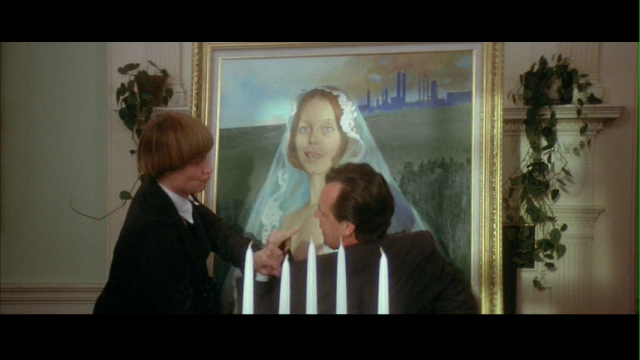
Must See?
Yes, as one of Altman’s funniest films.
Categories
Links:
|

